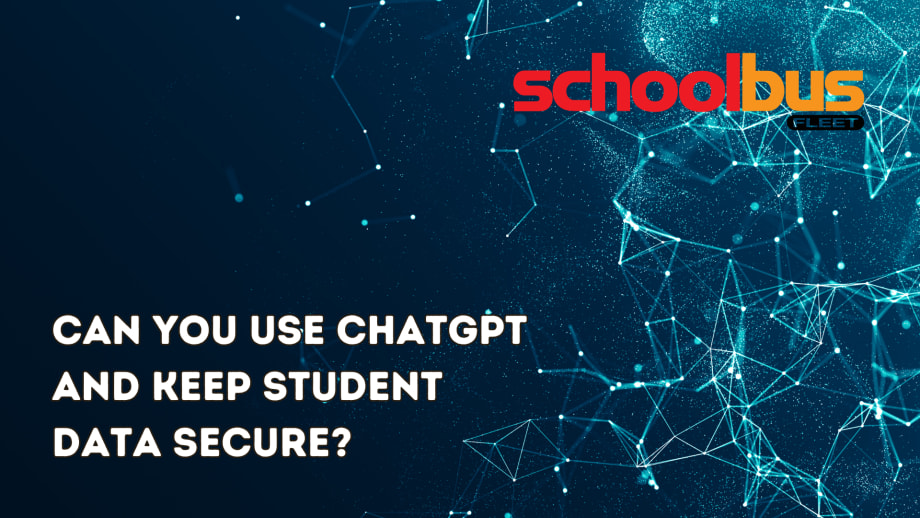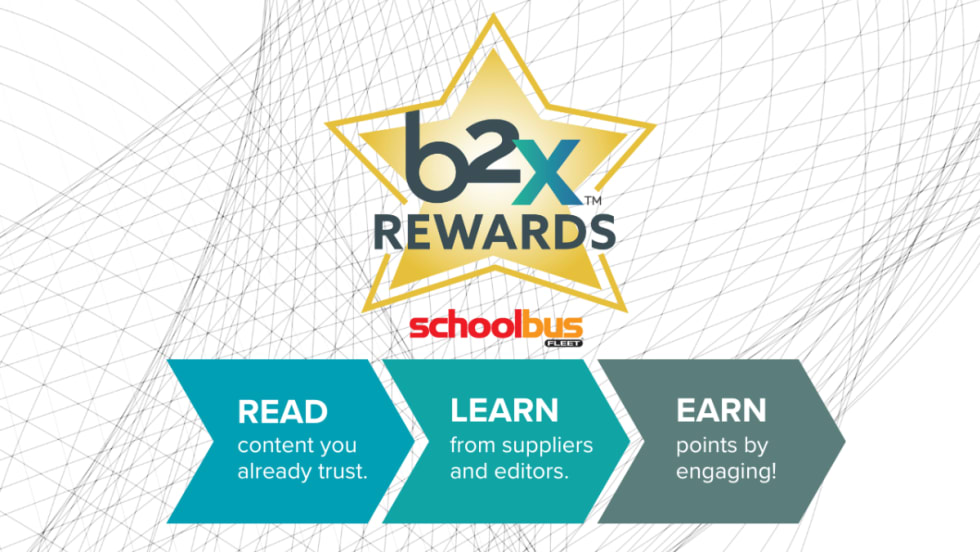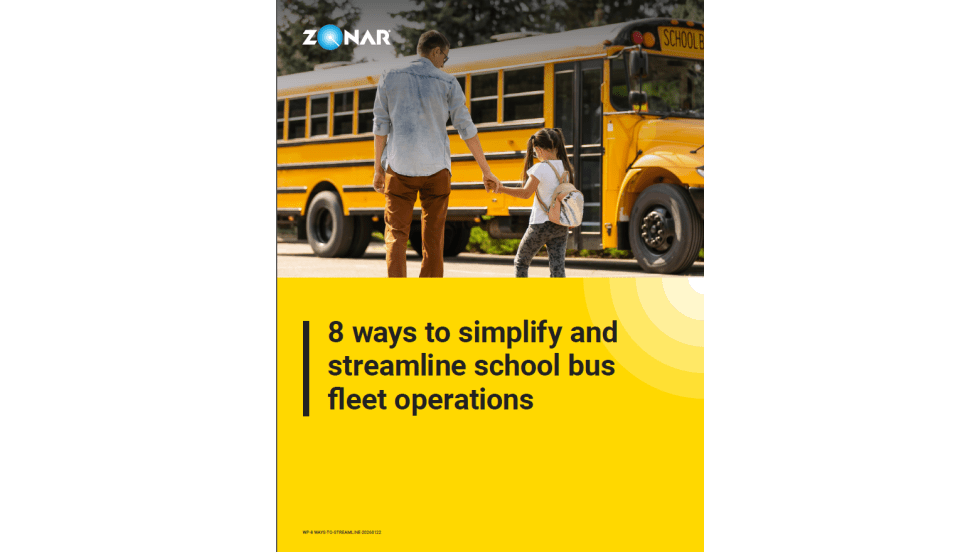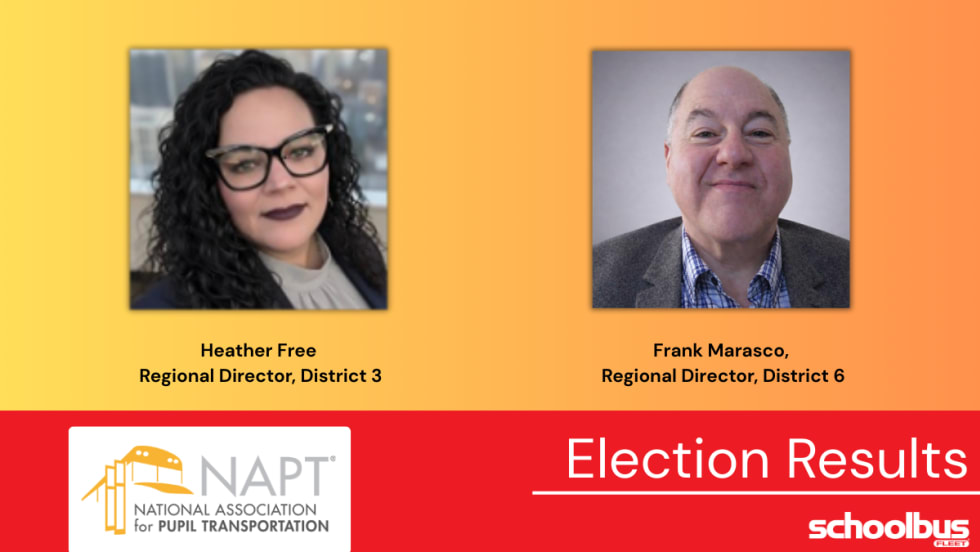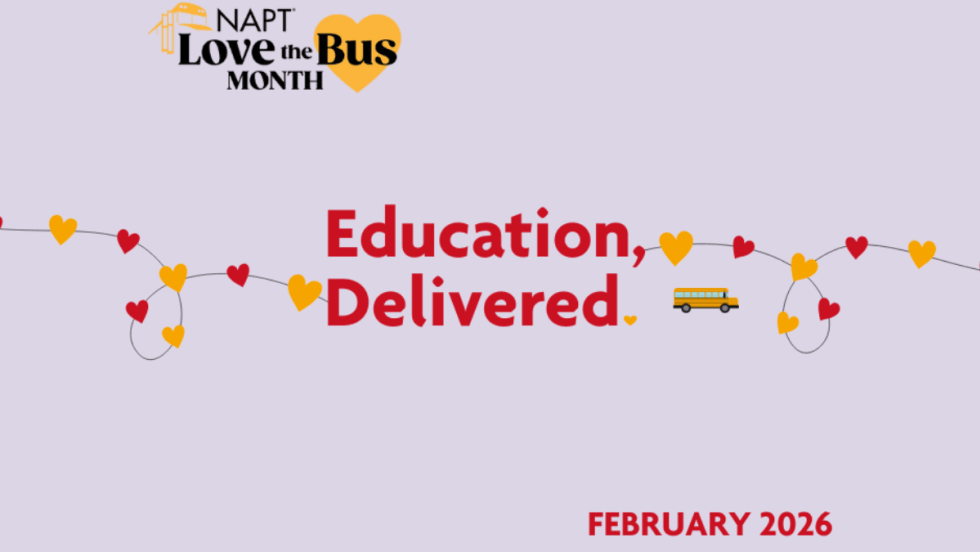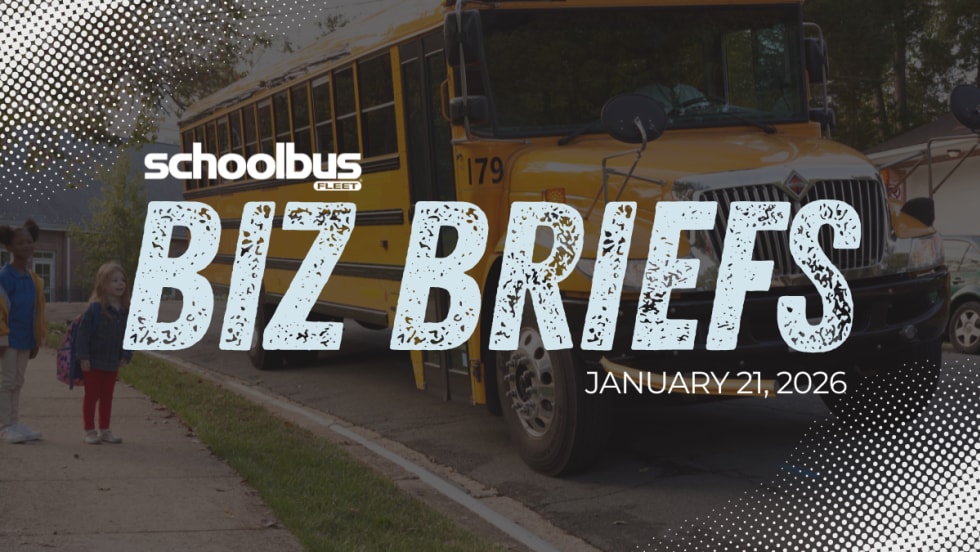Explore how school transportation leaders can harness ChatGPT's AI prowess while prioritizing student data security. Dive into best practices, proactive measures, and robust training protocols for a secure digital transition.
The digital age presents unprecedented opportunities for school transportation leaders. Among these innovations is ChatGPT, a sophisticated AI language model. However, with its potential comes a crucial responsibility: protecting sensitive student data. Let’s dive into how school transportation professionals can leverage ChatGPT while ensuring paramount data security.
Understanding ChatGPT's Capabilities
ChatGPT is an advanced AI model designed by OpenAI to interact using natural language. It can provide answers, generate text, and assist with myriad tasks. Importantly, while it’s powerful, it doesn’t store personal user data, making data interactions ephemeral.
Recognizing the Sanctity of Student Data
Student data encompasses a wealth of information — from addresses to medical details. Protecting student data is not just a moral responsibility, but a legal one too. School transportation departments handle a significant amount of this sensitive data, and mismanagement can lead to legal repercussions. Here are some crucial legal aspects they need to consider:
Federal and State Laws
Family Educational Rights and Privacy Act (FERPA): At the U.S. federal level, FERPA protects students' educational records. Transportation data, such as bus assignments and schedules tied to individual students, may be considered part of these records. Unauthorized disclosure can lead to a school or district losing federal funding.
State-specific Laws: Many states have their own privacy laws, which can be more stringent than FERPA. School transportation departments need to be aware of and compliant with both federal and their state-specific regulations.
Data Breach Notifications
In many jurisdictions, organizations, including educational institutions, are required to notify affected individuals and sometimes the state about certain types of data breaches. These notifications come with specific timelines and formats.
Liability and Lawsuits
If student data is mismanaged or compromised, the school district or transportation department may face legal action from parents or guardians. These lawsuits can be both financially and reputationally costly.
Third-party Contracts
School transportation departments often work with external vendors for services like GPS tracking, route optimization, or communication platforms. Legal agreements with these providers must include clauses on data protection, breach notification, and responsibilities in case of data mishandling.
Special Categories of Data
Some data, like medical information for students with special needs, might fall under additional laws like the Health Insurance Portability and Accountability Act (HIPAA) if shared with medical professionals. Such data requires extra care and may have stricter handling and disclosure guidelines.
Record Retention and Disposal
Laws often dictate not just how data should be protected but also how long it should be retained and how it should be securely disposed of once it's no longer needed.
Training Requirements
Some jurisdictions mandate regular privacy training for employees who handle sensitive data, ensuring they are up-to-date on the latest legal requirements and best practices.
Parental Rights
Parents or guardians often have the right to access, review, and request corrections to their children's records. Transportation departments must be prepared to honor these rights while ensuring that only authorized individuals have access.
Interacting Securely with ChatGPT
Methods for ensuring secure interactions with ChatGPT could include:
Restricting Direct Data Sharing: Avoid inputting identifiable data, such as names or addresses, when interacting with ChatGPT. Remember, security starts at the data entry point.
Employing Pseudonyms: Use codes or pseudonyms in place of direct student names or identifiers. This method ensures students' direct information remains undisclosed.
Inside ChatGPT's Data Handling Mechanism
Although the AI model is designed to be amnesic regarding user interactions, users should be proactive:
Data's Ephemeral Nature: Reinforce the knowledge that ChatGPT forgets user data once a session concludes. No lasting memories, no data retention.
Anonymize Before Sharing: In situations requiring data sharing, always strip off any identifying attributes. Anonymized data can convey trends without risking student identity.
Robust Access Control and Oversight
Gatekeeper Approach: Restrict ChatGPT access to authorized personnel, ensuring a limited, knowledgeable group interacts with the tool.
Implement Audit Trails: Log details like access time, user, and purpose. A robust logging system promotes accountability and can be crucial for periodic reviews.
Training: The First Line of Defense
Equip school transportation leaders with the right knowledge:
Periodic Workshops: Conduct training sessions, ensuring staff are updated on best practices when using ChatGPT.
Clear Guidelines: Circulate a handbook or a digital guideline document detailing the do's and don'ts of interacting with AI tools, especially when student data is involved.
Feedback: The Channel of Continuous Improvement
Promote a culture where staff members share feedback about ChatGPT's use. Insights from ground zero can be instrumental in refining data protection strategies.
Feedback is the bedrock of continuous improvement, especially when integrating cutting-edge tools like ChatGPT into traditional sectors like school transportation. Capturing, analyzing, and acting upon feedback ensures the technology serves its purpose effectively and securely. Here's an expanded view on its significance and implementation:
User Experience (UX) Insights: Feedback directly from users can highlight usability issues that might not be immediately apparent to developers or decision-makers. By understanding the challenges faced during real-world interactions, modifications can be made to improve user satisfaction and tool effectiveness.
Data Security Feedback Loop: Frontline users might notice potential security vulnerabilities or flaws in data protection practices. Addressing these promptly can preempt significant breaches and uphold the integrity of the system.
Training Gaps: Feedback can spotlight areas where users feel under-equipped or uncertain. This can guide training initiatives, ensuring they address actual needs rather than perceived ones.
Iterative Improvement: Technology isn’t static. Feedback allows for the iterative improvement of ChatGPT's implementation, adapting to changing circumstances, legal requirements, or user needs.
Stakeholder Engagement: Actively seeking feedback fosters a sense of ownership and involvement among staff. They're more likely to engage positively with a tool when they feel their opinions shape its evolution.
Feedback Mechanisms
Digital Platforms: Tools like online surveys, feedback forms, or dedicated email addresses can capture feedback at any time.
Regular Meetings: Scheduled feedback sessions can ensure structured, periodic input from users.
Suggestion Boxes: Anonymity can sometimes encourage more candid feedback, helping identify issues that might otherwise remain unspoken.
Analyzing and Acting on Feedback
It's not enough to just gather feedback. Effective systems to analyze, categorize, and prioritize this feedback are crucial.
Regular reviews can help transform feedback into actionable items, ensuring continual refinement of the tool's implementation.
Feedback Transparency
Sharing feedback, especially success stories or resolved issues, can motivate users. Knowing that their input leads to tangible improvements can boost morale and engagement.
Stay Updated: The Software Perspective
Regularly updating the software is non-negotiable. Each update potentially patches vulnerabilities and enhances security features, ensuring that the tool remains both functional and secure.
Review, Review, Review
Regular audits and reviews serve dual purposes: ensuring compliance and identifying areas of potential improvement. With the ever-evolving nature of technology, a periodic check is not just good-to-have; it’s essential.
Plan B: The Need for Contingency
In the digital realm, it's prudent to be prepared for the unexpected.
Alternative Tools: Research and have a list of alternative tools that can be switched to if ChatGPT poses any concerns.
Data Breach Response: Establish a step-by-step response mechanism in case of any data discrepancies or breaches. Early detection and swift action can mitigate potential damages.
Harnessing ChatGPT in school transportation can be a transformative experience, optimizing operations, and efficiency. However, with great power comes great responsibility. By implementing robust data protection strategies and fostering a culture of continuous learning and feedback, school transportation leaders can confidently navigate the digital age.




